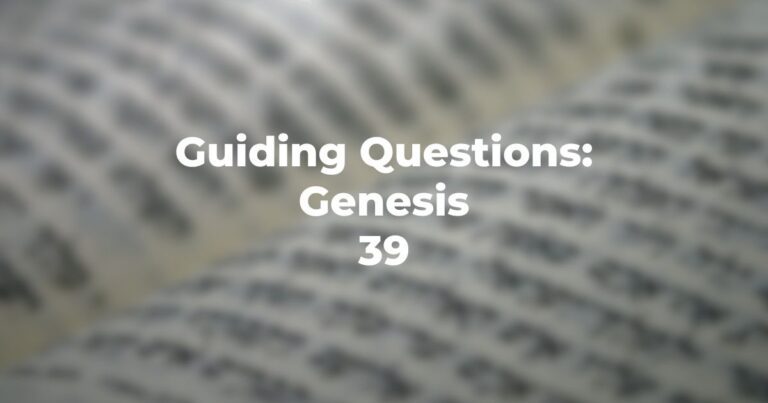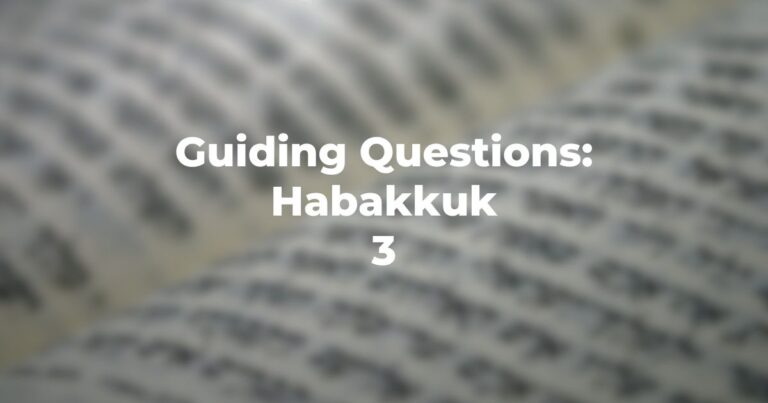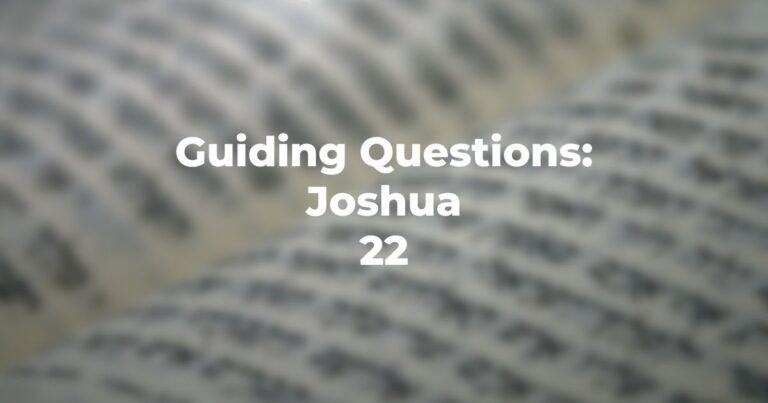- Does Isaiah 44:1 indicate that exile has in any way changed the “relationship” between Israel and Divinity?
- What title, other than Jacob (and appearing as well, in Deuteronomy) is used as cognomen for Israel (Isaiah 44:2)?
- In Isaiah 44:6 appears an affirmation of “pure monotheism”. What phrase reflects this conviction of the prophet?
- Isaiah 44:9 indicates that the worshipers of “other forms” have what future in store? How is this supplemented by Isaiah 44:10-17?
- In Isaiah 44:21, what is the imperative to Jacob?
- And in Isaiah 44:22, what is the promise that is proffered?
- What is the relationship between the omnipotence, timelessness, and uniqueness of the Divinity and the repeated promise of “redemption”?
- And how does Isaiah 44:26, specifically, indicate the expected return of the exiled community?
- Isaiah 44:25 makes reference to a major personality of the ancient near East, who is identified here. Why does this provide firm evidence that these passages would have been written following the 586 B.C.E. exile?
Author
-

Exploring Judaism is the digital home for Conservative/Masorti Judaism, embracing the beauty and complexity of Judaism, and our personal search for meaning, learning, and connecting. Our goal is to create content based on three core framing: Meaning-Making (Why?), Practical Living (How?), and Explainers (What?).
View all posts




